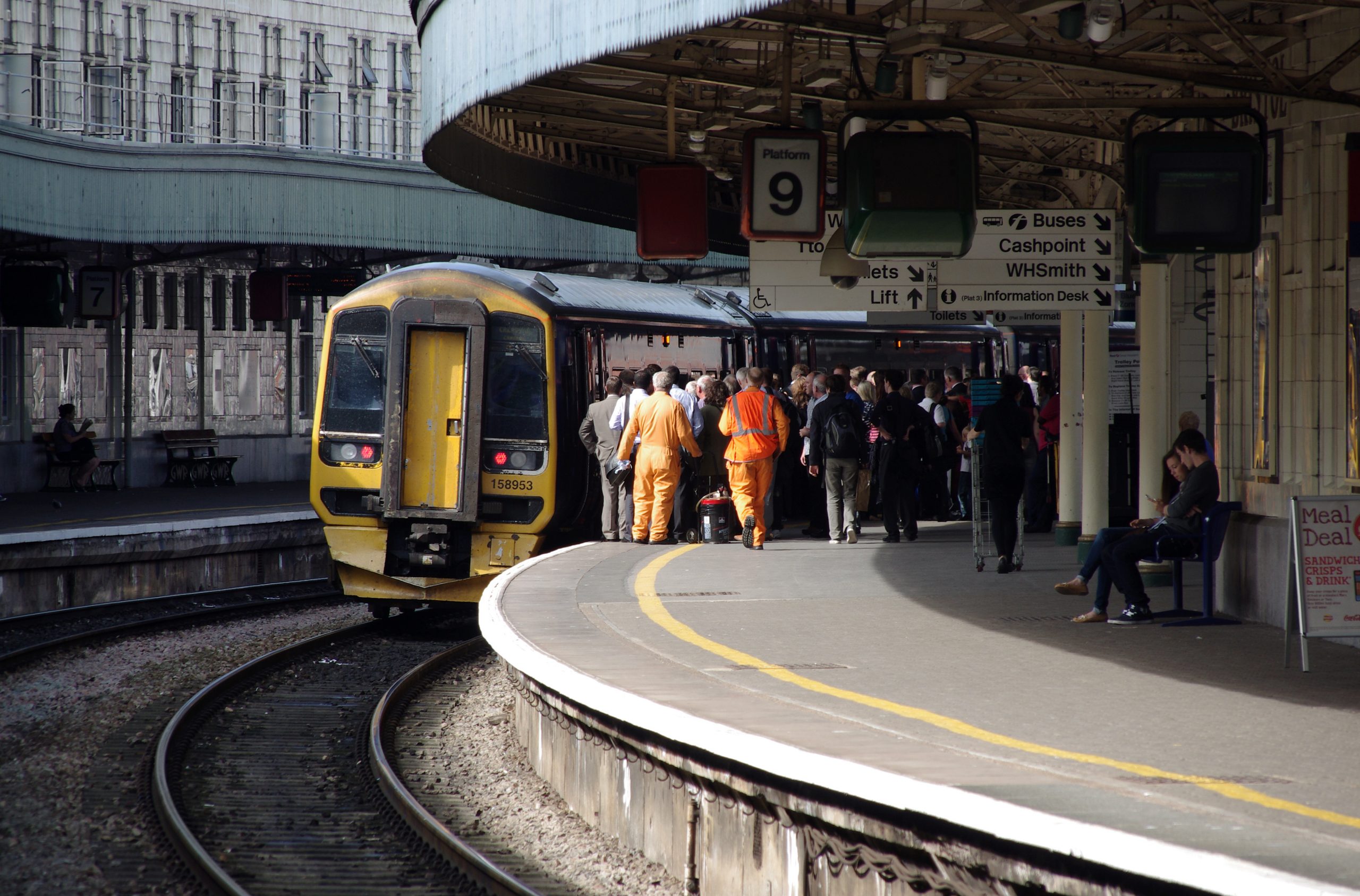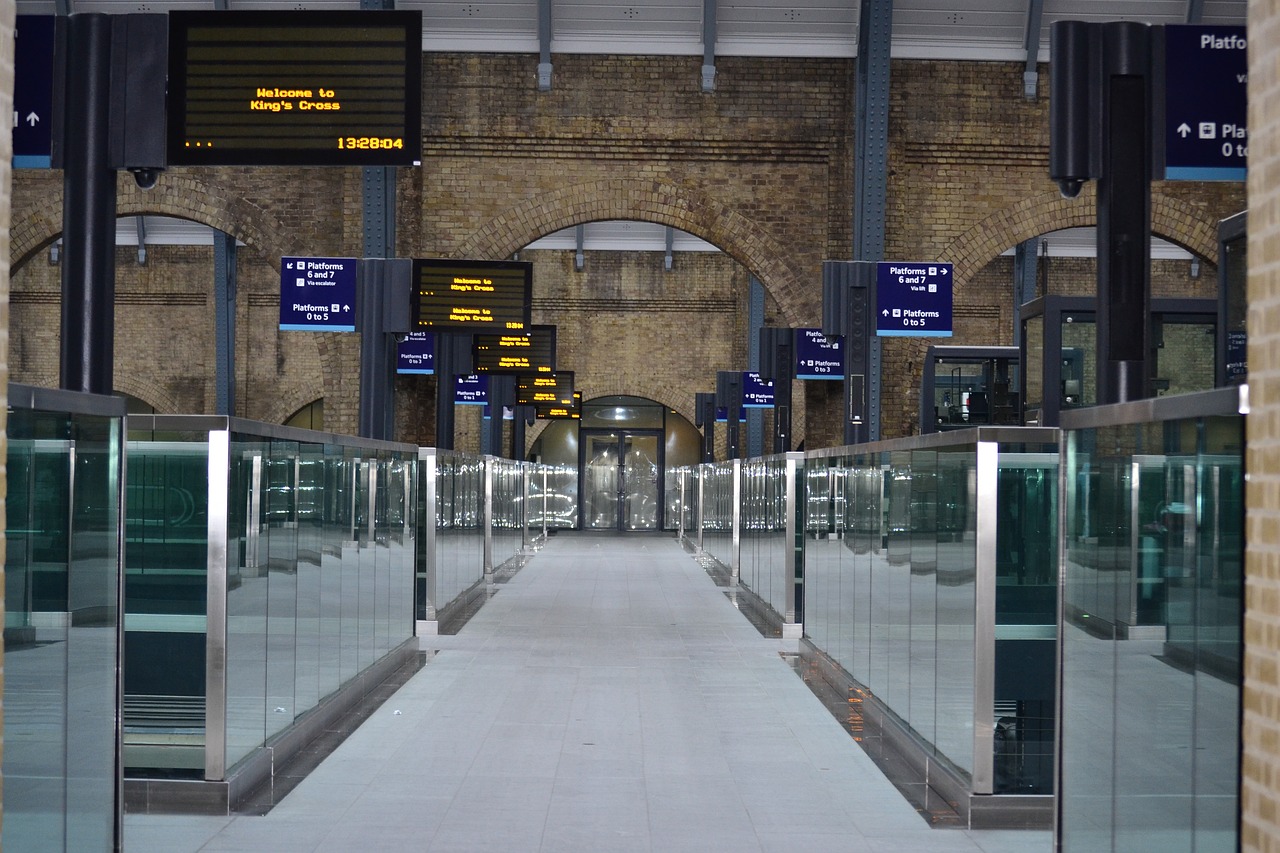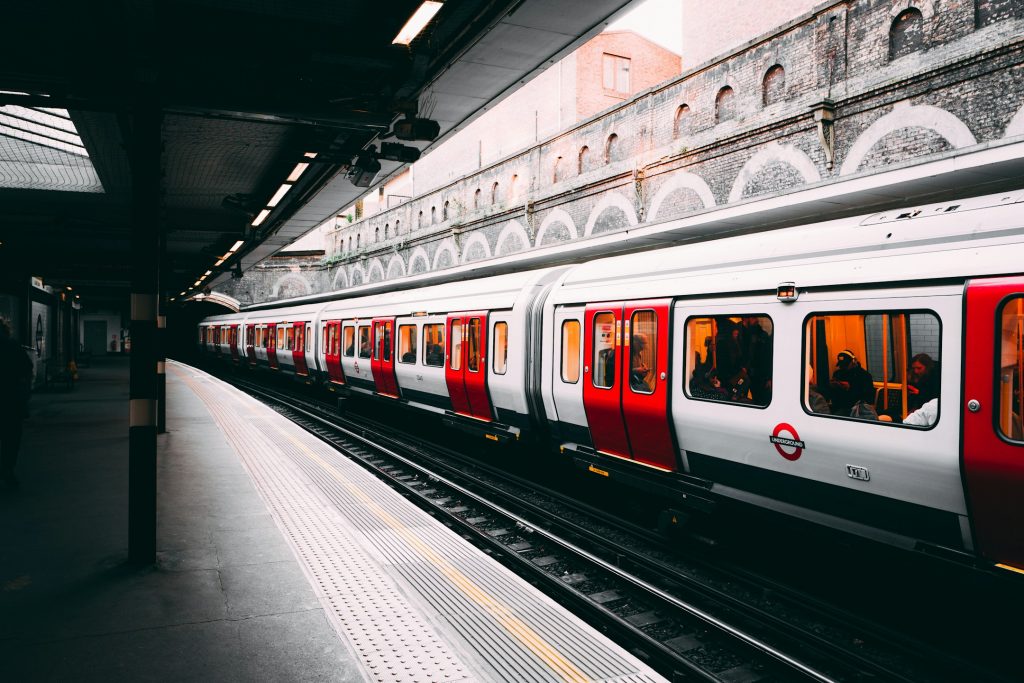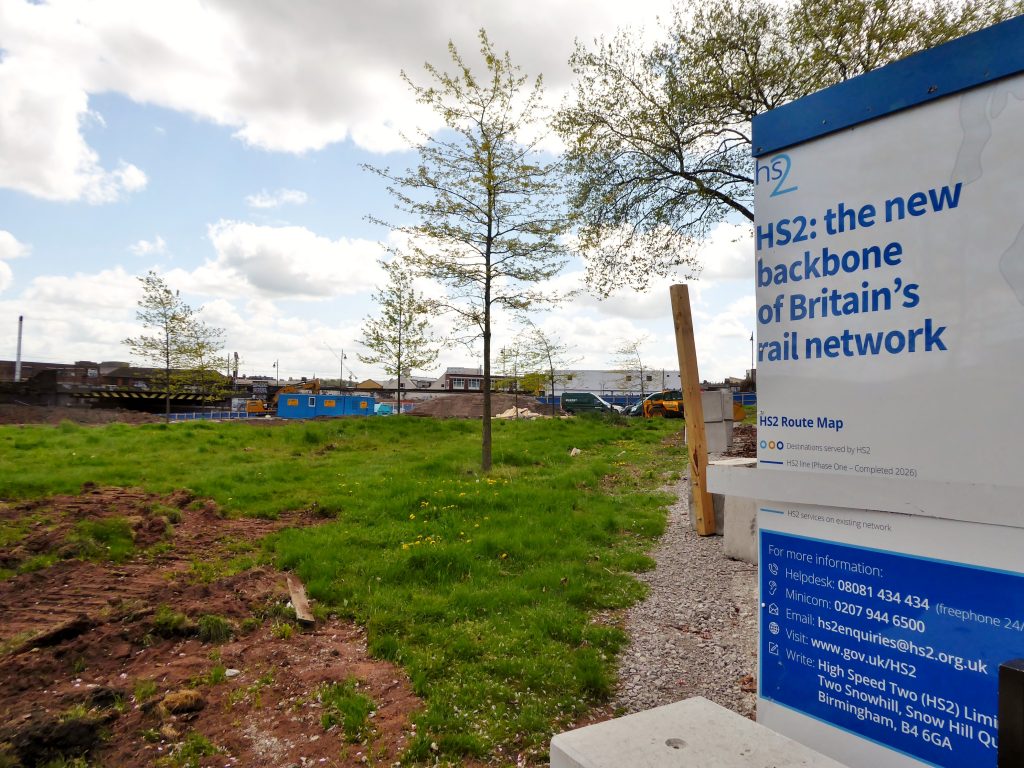Vision:
Improving rail infrastructure
- Last update: 14/12/2023
- Version: v1.0
We believe that capacity and electrification is vital to the development of our rail network.

At Enroute, we strive to create a greener, economically-friendly, and community-influenced public and active transport network, encouraging modal shift from road and private car to sustainable modes of transport. We elaborate on our aims with our comprehensive vision for the transport network in 2050.
Our 2050 Vision draws on our work and the published work of other organisations. Whilst we highlight where our vision aligns with the views of other organisations, the 2050 Vision represents Enroute’s views and should not be taken to represent those of other organisations.
Railway electrification
Electrification of the railways is vital to decarbonise our transport network, and deliver a better, comfortable and more reliable service for passengers. Enroute supports the ambitions of Network Rail’s Transport Decarbonisation Network Strategy.
We believe that all diesel-powered trains (including bi-modes) should be withdrawn or converted by 2050, with overhead electric power being the default on all long-distance and suburban routes (with battery-powered trains for lesser-used rural routes). We support third-rail ‘infill’ electrification on routes such as the Uckfield Line and East Coastway Line.
Expanding capacity
We believe urban and suburban routes in England, Wales and Scotland should be capable of providing a turn-up-and-go service every 15 minutes by 2050.
This will require new dedicated infrastructure for long-distance trains, as well as significant capacity increases at major stations, such as Manchester Piccadilly and Leeds. There is no ‘one-size-fits-all’ approach for increasing capacity in/through major cities; each city has its own requirements based on the layout of the city and where it sits in the wider network.
Reconnecting towns and cities with frequent trains
By 2050, every town and city in England, Wales and Scotland with a population over 8,000 should have a railway station with the following service pattern at a minimum:
- For settlements of over 8,000, a minimum of 1tph towards a major settlement with other connecting services.
- For settlements of over 25,000, a minimum of 2tph towards a major settlement with other connecting services.
- For settlements of over 50,000, a minimum of 4tph towards a major settlement with other connecting services.
We define a major settlement with other connecting services as a town or city with a population of over 150,000, with direct rail links to London, Birmingham and Manchester.
Takftfahrplan
We propose the adoption of Swiss-style ‘Takftfahrplan’ principles in future network and timetable design, especially:
- Regular clockface timetables (so regularity of service every 15, 30 or 60 minutes)
- Consistency throughout the day and week
- Easy and efficient connections, with information provided onboard
- High performance, ensuring reliability and dependability
Rail Freight
Expanding and electrifying rail freight is a key part of the transport decarbonisation agenda. We believe this can be achieved through a combination of projects with co-benefits for passenger rail, such as electrification and grade separation, and electrification to ports and intermodal terminals.
We support the concept of ‘infill electrification’ proposed by the CILT, which proposes 800 miles of additional electrification across the UK which will ensure 95% of rail freight services electrified are powered by electricity rather than diesel.
We support the continued development of electric (EMU) parcel trains by Orion High Speed Logistics, Varamis Rail, and the Rail Delivery Group.
- 14th December 2023: Initial publication
Explore some of our other positions




